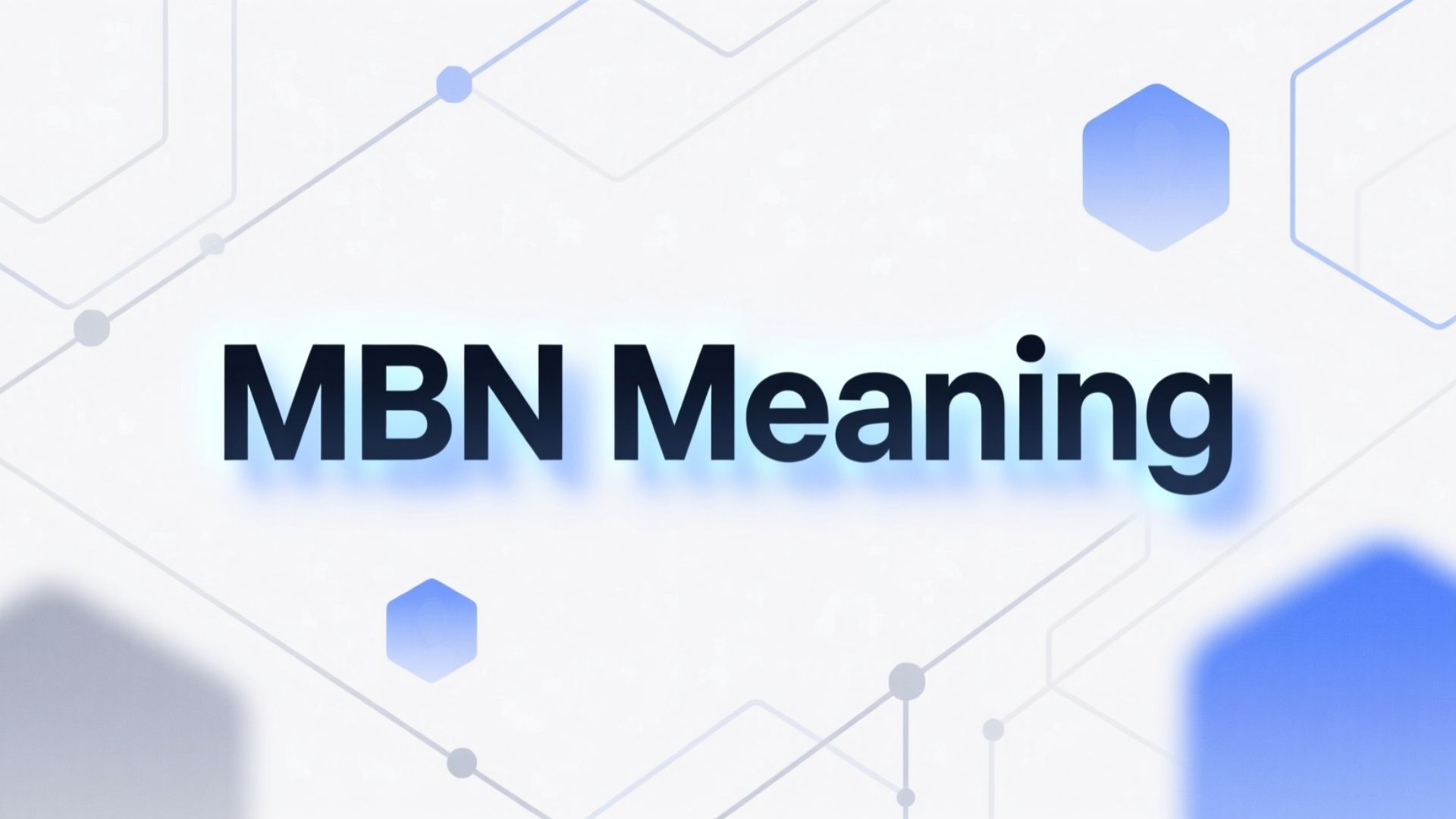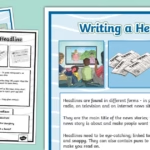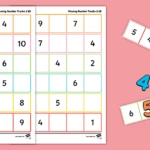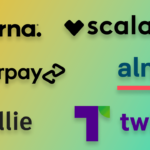Now Reading: What Does MBN Meaning? The Full Scoop on This Popular Acronym
-
01
What Does MBN Meaning? The Full Scoop on This Popular Acronym
What Does MBN Meaning? The Full Scoop on This Popular Acronym

Have you ever scrolled through your social media feed, seen a comment that says “mbn,” and felt a little out of the loop? You’re not alone. Internet slang and acronyms pop up so fast it can feel like learning a new language. One of the most common yet sometimes confusing acronyms is MBN. If you’ve been searching for the mbn meaning, you’ve come to the right place. We’re going to break down everything you need to know about this three-letter phrase, from its definition to how you can use it in your own conversations.
This guide will cover the primary meaning of MBN, explore its different emotional tones, and show you real-world examples. We’ll also look at its origins and how it compares to other popular internet slang. By the end, you’ll be an MBN expert, ready to understand and use it with confidence.
Key Takeaways
- Primary Meaning: MBN stands for “Must Be Nice.” It’s an expression used to comment on someone else’s good fortune, luxury, or desirable situation.
- Tonal Variety: The mbn meaning can change based on context. It can be genuinely happy for someone, slightly envious or jealous, or even sarcastic and passive-aggressive.
- Common Usage: MBN is most frequently used on social media platforms like TikTok, Instagram, and X (formerly Twitter) in comments and captions. It’s also common in text messages.
- Versatility: While it has a core definition, its application is broad. You can use it for anything from seeing a friend’s vacation photos to hearing about someone’s new high-paying job.
Unpacking the Core MBN Meaning
At its heart, MBN stands for “Must Be Nice.” It’s a quick, shorthand way to acknowledge something positive or fortunate in another person’s life. Think of it as an observation. When someone posts about an experience or possession that seems desirable, “mbn” is a common reaction. This could be a luxury vacation, a brand-new car, a promotion at work, or even something as simple as getting to sleep in on a weekday.
The phrase itself points to a situation that the speaker or commenter does not share but can appreciate or desire. For example, if your friend posts a picture of themselves relaxing on a beach in Hawaii, you might comment “mbn” to convey, “Wow, it must be nice to be there right now.” It captures a mix of admiration, longing, and sometimes a hint of envy. Understanding the core mbn meaning is the first step, but the real key is learning to interpret its tone.
The beauty of MBN lies in its simplicity and versatility. Those three little letters can communicate a complex set of emotions that would otherwise take a full sentence to express. It has become a staple in digital communication because it’s efficient and universally understood by those familiar with internet slang.
The Emotional Spectrum of MBN
While “Must Be Nice” is the literal translation, the emotional intent behind it can vary dramatically. The mbn meaning isn’t just about the words; it’s about the feeling the user wants to convey. Let’s explore the different tones MBN can take.
Genuinely Happy and Admiring
Sometimes, “mbn” is just a sincere and friendly way to say, “Good for you!” In this context, it’s used to express genuine happiness for someone else’s success or good luck. There’s no hidden jealousy or sarcasm—just pure, positive acknowledgement. You might use this tone with a close friend or family member.
For instance, if your sibling texts you that they just finished their last final exam for the semester, you could reply, “MBN, you’re finally free! Congrats!” Here, the phrase is celebratory and supportive. It’s a way of sharing in their joy and recognizing the great feeling of accomplishment they must be experiencing. The context of your relationship often makes this positive intention clear.
A Touch of Envy or Jealousy
This is perhaps the most common emotional layer associated with the mbn meaning. In this usage, “mbn” carries a hint of longing or jealousy. It’s not necessarily mean-spirited, but it does highlight the contrast between your situation and the other person’s. It’s the digital equivalent of a wistful sigh.
Imagine it’s a rainy Monday morning and you’re stuck in traffic on your way to work. You open Instagram and see someone you follow has posted a photo of their elaborate brunch, complete with mimosas. A comment of “mbn” here clearly communicates, “I wish I were doing that instead of this.” It’s a relatable feeling of wanting what someone else has, expressed in a concise, socially acceptable way. This lighthearted envy is a major reason for the acronym’s popularity.
Sarcastic or Passive-Aggressive
MBN can also be used with a sharp, sarcastic edge. In this case, the mbn meaning shifts to something more critical or dismissive. It can be used to imply that someone is bragging, showing off, or has an unfair advantage. This tone is often used between strangers online or in situations where there’s underlying tension.
For example, if a celebrity posts about their “struggles” while on a private yacht, a sarcastic “mbn” comment suggests the person is out of touch with reality. It can also be used to subtly call out privilege. If someone comments, “Just bought my first house at 22, so blessed!” another user might reply “MBN have your parents pay for everything.” The sarcasm here is biting, used to express disbelief or annoyance rather than admiration. This usage requires reading the room, as it can easily be misinterpreted or start an argument.
Where and How to Use MBN: A Practical Guide
Now that you understand the different shades of the mbn meaning, let’s look at where and how you can use it effectively in your digital conversations. MBN is most at home in informal, fast-paced environments.
On Social Media Platforms
- Instagram: Perfect for commenting on posts showing off vacations, new purchases, achievements, or beautiful scenery. If a friend posts a stunning sunset photo from their balcony with the caption “Home,” an “mbn” comment fits perfectly.
- TikTok: Often used in the comment sections of videos where someone displays a skill, a luxury item, or a lifestyle that others desire. You might see it on a “get ready with me” video featuring expensive skincare or a clip of someone working from a picturesque café.
- X (formerly Twitter): MBN is great for quick replies or quote tweets. If someone tweets, “Just got surprise tickets to see my favorite band!” a simple “mbn” reply is a common and appropriate reaction.
In Text Messages and Private Chats
MBN is also extremely common in one-on-one or group chats with friends. Because you know the person, the intended tone is usually easier to decipher. It’s a fast way to react to good news or a fortunate situation.
Example conversation:
- Friend 1: “I’m taking Friday off for a three-day weekend.”
- You: “mbn, I have to work all day Saturday.”
In this exchange, “mbn” is a casual, slightly envious, but friendly response. It keeps the conversation flowing without needing a long explanation of your feelings.
When to Avoid Using MBN
While versatile, MBN isn’t appropriate for every situation. You should avoid using it in professional or formal communications, such as work emails or academic papers. The informal, slangy nature of the acronym would seem out of place and unprofessional. Similarly, be cautious when using it with people you don’t know well, especially in a sarcastic tone, as it can easily be taken the wrong way. For more insights on navigating modern communication, you can find helpful articles like those on https://forbesplanet.co.uk/.
MBN in Context: Real-World Examples
To fully grasp the mbn meaning, seeing it in action is key. The context—who is saying it, what they are responding to, and their relationship—is everything.
|
Situation |
Comment/Text |
Probable Meaning |
|---|---|---|
|
A friend posts a picture of their new puppy. |
“Omg a puppy! Mbn.” |
Genuine happiness. The user is excited for their friend and thinks it must be nice to have a new puppy. |
|
A coworker mentions they are leaving work early for an appointment. |
“Mbn, wish I could leave early.” |
Light envy. The user wishes they were also leaving early but is not genuinely upset. |
|
An influencer posts a video of their multi-million dollar mansion. |
“Mbn to be born rich.” |
Sarcastic/Critical. The commenter is implying the person’s success is due to privilege, not hard work. |
|
A family member shares that they just won $50 from a lottery ticket. |
“MBN! Buy me lunch haha” |
Playful and happy. It’s a fun, congratulatory message with no real jealousy. |
As you can see, the exact same three letters can have very different implications. Pay attention to the surrounding text, emojis, and the overall vibe of the conversation to correctly interpret the mbn meaning.
The Origin and Evolution of MBN
Like many internet acronyms, the exact origin of MBN is hard to pinpoint to a single moment or user. However, it emerged from the culture of early internet chat rooms and text messaging in the late 1990s and early 2000s. This was an era where character limits on text messages and the need for speed in instant messaging led to the creation of countless abbreviations (think LOL, BRB, TTYL).
“Must Be Nice” was already a common spoken phrase, often used with the same mix of sincerity, envy, and sarcasm. It was a natural candidate for acronymization. The phrase likely transitioned from spoken language to its abbreviated form, MBN, as online communication became more prevalent.
Its popularity skyrocketed with the rise of social media. Platforms like Instagram and TikTok, which are highly visual and center on sharing life’s highlights, created the perfect environment for an acronym like MBN to thrive. It’s the perfect, concise reaction to the curated perfection often seen online. The search for the mbn meaning grew as more people encountered it without context.
MBN vs. Other Popular Slang
How does MBN stack up against other internet acronyms? While many slang terms come and go, MBN has shown impressive staying power because of its emotional flexibility.
MBN vs. FOMO (Fear Of Missing Out)
FOMO is the anxiety you get from feeling that other people are having fun experiences without you. While related, MBN is a reaction to someone else’s good fortune, whereas FOMO is an internal feeling of anxiety. You might comment “mbn” on a party photo, and the underlying reason you feel that way could be FOMO. MBN is the expression; FOMO is the emotion.
MBN vs. SMH (Shaking My Head)
SMH is used to express disappointment, disapproval, or disbelief. It’s almost always negative or critical. MBN, on the other hand, can be positive, neutral, or negative. You wouldn’t use SMH to congratulate someone, but you might use a positive MBN.
MBN vs. GOAT (Greatest Of All Time)
GOAT is a term of ultimate praise, reserved for someone who is the absolute best in their field. It’s purely positive and celebratory. MBN is an observation of a fortunate situation, not necessarily a judgement of a person’s skill or status. You could say “LeBron James is the GOAT,” but you would say “MBN to have his talent.”
Understanding these distinctions helps clarify the unique role MBN plays in online discourse. It fills a specific conversational niche that other acronyms don’t quite cover.
Frequently Asked Questions (FAQ)
Q1: Is it okay to use MBN with my boss?
A: No, it is not recommended. MBN is informal slang and would be considered unprofessional in a workplace setting. Stick to more formal language when communicating with supervisors or in any professional context.
Q2: Can “mbn” be lowercase or does it have to be uppercase?
A: It can be either! Both “mbn” and “MBN” are perfectly acceptable. Using lowercase “mbn” often feels more casual and is more common in texts and quick social media comments. Uppercase “MBN” might add a bit more emphasis. The mbn meaning does not change.
Q3: What is a good way to respond if someone comments “MBN” on my post?
A: Your response depends on the perceived tone.
- If it seems genuine: You can say “Thank you!” or reply with a friendly emoji like 😊 or 🙏.
- If it seems lightly envious: You could say something humble like, “Haha, I got lucky!” or “It was a much-needed break!”
- If it seems sarcastic: It’s often best to simply ignore the comment. Engaging could lead to an unnecessary argument.
Q4: Besides “Must Be Nice,” does MBN have any other meanings?
A: While “Must Be Nice” is the overwhelmingly dominant mbn meaning in the context of internet slang, acronyms can sometimes have multiple definitions. In other specific fields, MBN could potentially stand for something else (e.g., a technical term in business or science). However, in 99.9% of online conversations, MBN means “Must Be Nice.”
Conclusion: Mastering the MBN Meaning
Understanding internet slang is a key part of modern communication, and MBN is one of the most useful acronyms in your digital vocabulary. Standing for “Must Be Nice,” it’s a versatile phrase that allows you to quickly comment on someone’s good fortune.
The true art of using and understanding MBN lies in its context. It can be a genuine expression of happiness for a friend, a lighthearted admission of envy, or a sharp, sarcastic jab. By paying attention to the situation and your relationship with the person, you can navigate its various tones with ease.
So, the next time you see a post about a tropical vacation while you’re stuck at your desk, you’ll know exactly what a comment of “mbn” implies. You can now confidently use it in your own texts and social media interactions, adding a popular and expressive tool to your communication kit. The next time you’re searching for clarity on a trending topic, remember that reliable resources are available to keep you informed.
Ever seen “mbn” in a comment and wondered what it meant? 🤔 You’re not alone! This popular acronym is everywhere, but its meaning can change depending on the situation.
Is it genuine happiness, a little bit of envy, or straight-up sarcasm? Our new article breaks down the full “mbn meaning,” from its origins to real-world examples, so you’ll never feel out of the loop again.
Read the full guide here: [Link to Article]
#MBN #InternetSlang #SocialMedia















